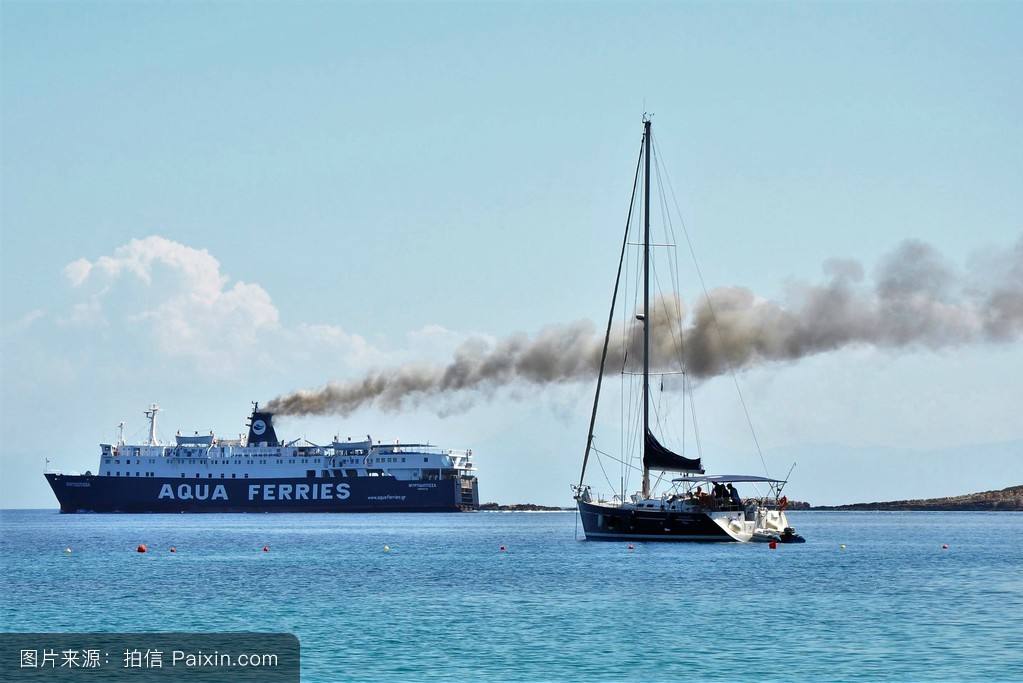IMO signs agreement to reduce carbon emissions in the maritime industry by half in 2050

- Date: Aug 01, 2018
- Comments: no comments
- Categories: News
According to foreign media reports, the International Maritime Organization (IMO) signed a maritime emission reduction agreement in London on April 13th, which means that compared with 2008, the seaborne carbon dioxide emissions will be reduced by 50% by 2050. This is the first time the shipping industry has set carbon targets for climate warming.
According to reports, University of London energy expert Smith said that this will be the basis for shipping emission reduction targets. British Transport Minister Nusrat Ghani praised the emission reduction targets. He said that the shipping industry will move toward a zero carbon goal.
In a statement, the International Maritime Organization stated that by 2050, total emissions will be reduced by 50% per year compared to 2008 and will gradually move towards zero carbon.
The report said that the United States and Saudi Arabia had opposed the text of emission reduction targets. However, the International Maritime Organization does not specify which countries have not signed a shipping emission reduction target agreement.
The International Maritime Organization has failed to reach an agreement on a five-year greenhouse gas reduction strategy, including any form of decarbonization target.
It is reported that most member states support one of the recommendations, that is, compared to 2008, it is stipulated that by 2030, each transport unit will reduce carbon dioxide emissions by 40% and by 2050 by 70%. At the same time, by 2050, total emissions will be reduced by 50% per year compared to 2008, and will gradually move towards zero carbon.
Brazil and Panama stated that they did not recognize the appeal of the majority and insisted that a decision should be based on consensus and that the basic documents need to be submitted in advance.
The Secretary-General of the International Maritime Organization warned at the meeting that “it should be decided this week instead of the agreement of the Marine Environment Protection Committee.”
Tristan Smith of the University College of London, who has been studying the forecasting model of the greenhouse gas emissions of the shipping industry, severely criticized the content released during the press conference on the 6th and believed that there was a lack of pursuit. “Even 40% to 70% of carbon reduction proposals have not met the goals of the Paris Agreement, and this is relative to global trade growth expectations, and is actually based on 2008 emissions data.”
According to Smith, according to the goal of the Paris Agreement, the global average temperature is controlled to 2 degrees Celsius above the pre-industrial level, and 70% efficiency increase will boost the contribution of the shipping industry. By 2050, it needs to be upgraded from the current 2%. Up to 25%.
By 2050, the proposed 50% annual reduction is not enough to sustain a growth of 1.5 degrees Celsius. Smith claims that there is evidence that complete decarbonization by 2050 is a necessary condition for achieving this goal.







No Comments Yet.